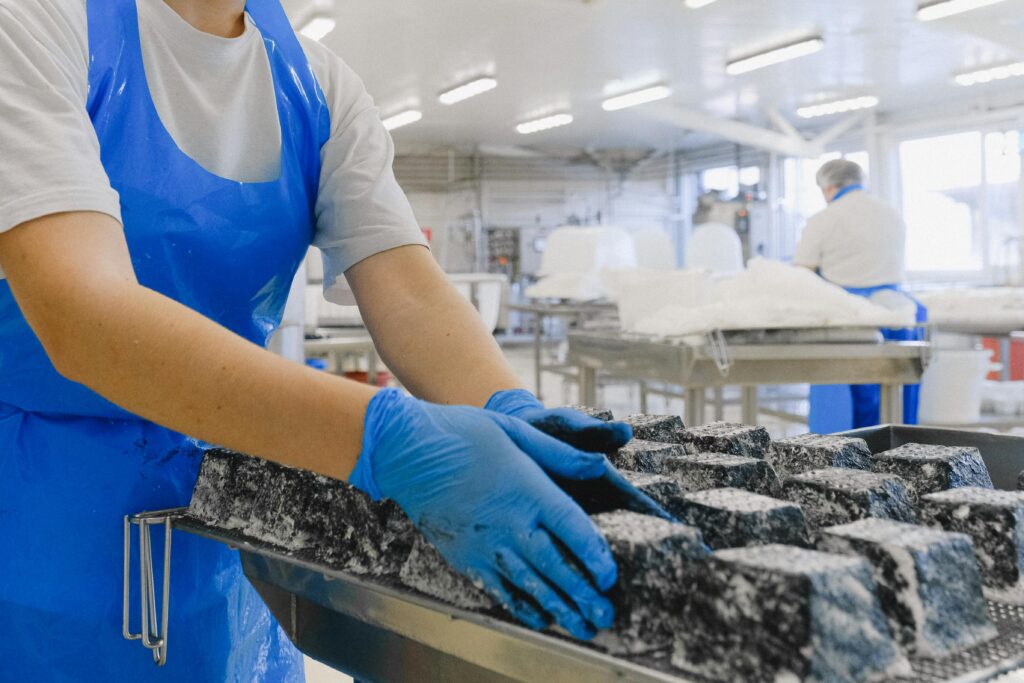
In the ever-evolving landscape of industrial production, ensuring hygiene and sanitation has always been a critical focus. However, as global industries expand into more challenging and harsh environments, the need for stringent regulations becomes increasingly apparent. This article explores the reasons behind the anticipated tightening of regulations in hygienic and sanitary production, particularly in extreme conditions.
Increased Awareness of Health Risks
Growing Concerns for Public Health
Public awareness of health risks associated with production in harsh environments is at an all-time high. The potential for contamination and the spread of diseases has prompted a call for more rigorous hygiene standards. As consumers become more informed about the origins and handling of their products, the demand for safer and cleaner production processes intensifies.
Lessons from Past Outbreaks
Past incidents, such as foodborne illnesses and outbreaks caused by insufficient sanitation, have highlighted the need for stricter regulations. These events have demonstrated the catastrophic effects of neglecting hygiene, prompting regulatory bodies to impose more stringent measures to prevent future occurrences.
Technological Advances in Detection and Monitoring
Enhanced Detection Capabilities
Advancements in technology have significantly improved the ability to detect contaminants and pathogens. Modern sensors and diagnostic tools can identify issues that were previously undetectable. As these technologies become more accessible and affordable, regulatory standards are likely to evolve to incorporate their use, ensuring higher levels of safety and hygiene.
Real-Time Monitoring Systems
The advent of real-time monitoring systems allows for continuous oversight of production environments. These systems can instantly alert operators to any deviations from sanitary norms, enabling immediate corrective actions. As the implementation of such systems becomes widespread, regulations will naturally adapt to mandate their use, ensuring constant vigilance and rapid response to potential hazards.
Environmental Challenges in Harsh Conditions
Extreme Temperatures and Remote Locations
Production in harsh environments, such as extreme temperatures or remote locations, presents unique challenges. These conditions can compromise sanitation efforts, making it difficult to maintain cleanliness and prevent contamination. Regulatory bodies recognize these difficulties and are likely to impose stricter guidelines to ensure hygiene is not compromised.
Limited Access to Resources
In harsh environments, access to essential resources like clean water and sanitation facilities can be limited. This scarcity necessitates the implementation of more rigorous regulations to ensure that available resources are used efficiently and effectively to maintain hygienic standards. These regulations will likely include provisions for innovative solutions to manage resource constraints.
Globalization and Supply Chain Complexity
Increased Supply Chain Complexity
Globalization has led to more complex and extended supply chains, making it challenging to maintain consistent hygiene standards across all production stages. As products pass through multiple hands and regions, the risk of contamination increases. To address this, regulations will become more stringent, ensuring uniform sanitary practices are followed throughout the supply chain.
Cross-Border Regulatory Alignment
With products crossing international borders, there is a growing need for harmonized regulations. Differences in hygiene standards between countries can lead to inconsistencies and potential risks. International regulatory bodies are working towards aligning standards, resulting in stricter and more uniform regulations globally to protect consumers and ensure product safety.
Corporate Responsibility and Ethical Considerations
Corporate Social Responsibility (CSR)
Companies are increasingly held accountable for their production practices. Corporate Social Responsibility (CSR) initiatives emphasize the importance of maintaining high hygiene standards, particularly in harsh environments. Firms that prioritize sanitation and hygiene are viewed more favorably by consumers and investors, driving a trend towards stricter self-regulation and compliance with evolving standards.
Ethical Production Practices
Ethical considerations also play a significant role in the push for more stringent regulations. Ensuring safe and hygienic production environments is not only a legal obligation but also a moral one. Companies are expected to provide safe working conditions for their employees and ensure the products they produce do not pose health risks to consumers. This ethical imperative is a driving force behind the tightening of regulatory frameworks.
Why Regulations Will Become More Stringent in Hygienic and Sanitary Production in Harsh Environments
As industries continue to expand into harsher environments, the importance of stringent regulations in hygienic and sanitary production becomes increasingly evident. The combined forces of heightened public awareness, technological advancements, environmental challenges, globalisation, and ethical considerations are driving this shift. Ensuring the safety and health of both workers and consumers necessitates a proactive approach, with regulations evolving to meet the unique challenges posed by production in extreme conditions. By adhering to these stringent standards, industries can safeguard public health, maintain consumer trust, and uphold their ethical responsibilities.
IP67 Waterproof bearing units with spherical inserts | NHK Machinery Parts
